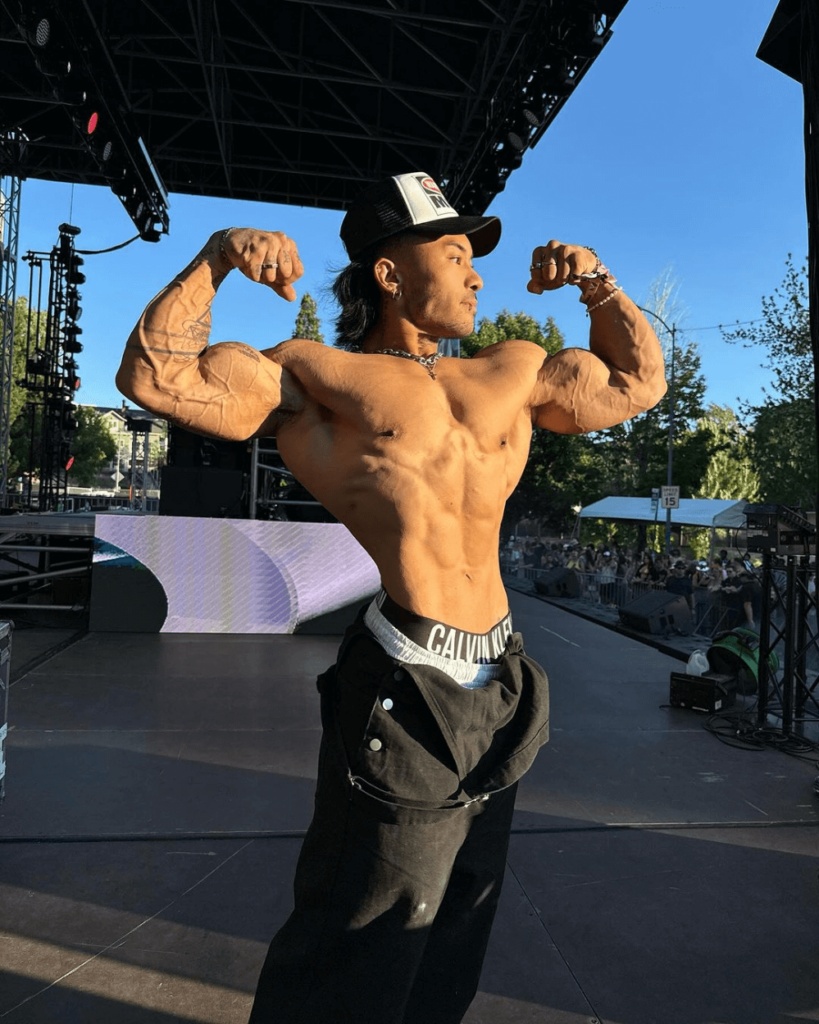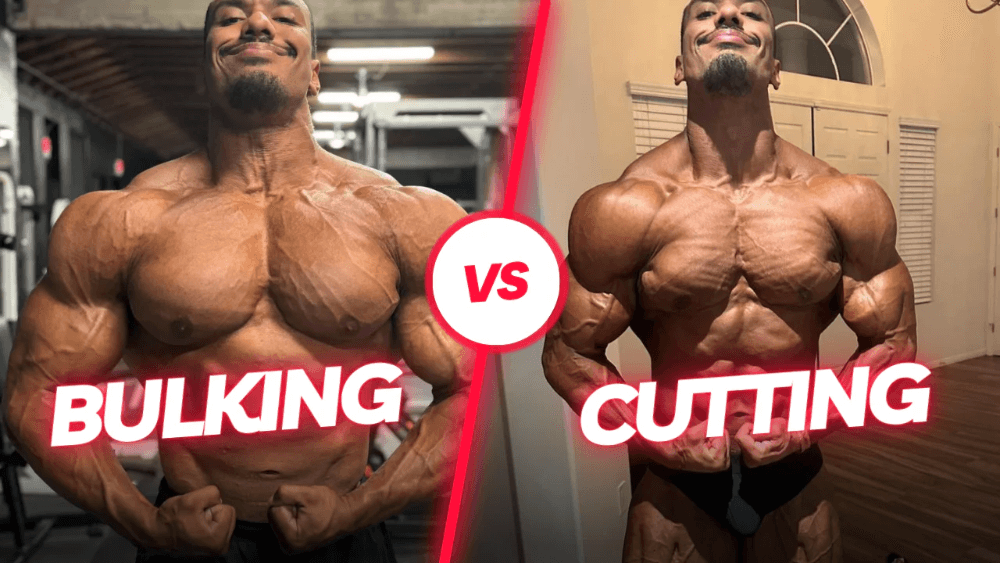Table of Contents
- Who Is Most Likely to Misuse Clenbuterol?
- The Role of Body Image Pressure
- Social Media and Fitness Influencers
- Psychological Factors Behind Misuse
- Mental Health Consequences of Clenbuterol Abuse
- How Society Fuels the Cycle
- Preventative Strategies and Healthier Alternatives
- The Importance of Community Support
- Conclusion
Last updated on September 21st, 2025 at 04:58 pm
Clenbuterol has earned a notorious reputation as a performance enhancer and fat burner. While its physical risks are well documented, less attention is given to the psychological and social forces that push people toward misuse. Understanding these deeper drivers is essential. Without it, prevention strategies remain incomplete.
Who Is Most Likely to Misuse Clenbuterol?
Not everyone is equally vulnerable. Certain groups are more drawn to clenbuterol.
- Competitive bodybuilders seek rapid fat loss and muscle definition before shows.
- Fitness enthusiasts feel pressure to achieve the “shredded” look promoted online.
- Young adults facing identity struggles may chase confidence through physical appearance.
- Athletes in weight-class sports sometimes misuse clenbuterol to cut fat quickly.
These profiles share one common thread: external pressure. Whether from competition, peers, or cultural ideals, people turn to clenbuterol not only for results but also for validation.
The Role of Body Image Pressure
Body image dissatisfaction drives many cases of misuse. In a society that glorifies lean physiques, individuals often feel inadequate if they do not match those ideals. Studies show that social comparison strongly influences the decision to try performance enhancers.
Clenbuterol becomes attractive because it promises visible change fast. For some, the desire to fit a certain aesthetic outweighs awareness of health risks. The cycle is reinforced by compliments, likes, and recognition that come when changes are visible.
Social Media and Fitness Influencers
Social media amplifies these pressures. Platforms like Instagram and TikTok reward appearance-driven content. Influencers, often with sculpted physiques, share diet and workout routines. While not all promote substances, the underlying message is clear: extreme results are desirable and achievable.
Online forums also contribute. In these spaces, users share “cycles,” dosing advice, and anecdotes. Much of this information is anecdotal and often misleading. Without medical context, newcomers believe clenbuterol is a shortcut with manageable risks.
The combination of influencer culture and peer-to-peer advice creates a powerful motivator. The drug becomes not only a tool for personal goals but also a way to belong within an online community.
Psychological Factors Behind Misuse
Beyond societal influence, psychological vulnerabilities play a significant role.
- Perfectionism: People who strive for flawless bodies may view clenbuterol as a necessary step.
- Low self-esteem: Those struggling with identity or confidence may hope physical transformation will improve their self-worth.
- Impulsivity: Quick fixes appeal to individuals who struggle with patience or long-term planning.
- Mental health conditions: Anxiety, depression, or body dysmorphic disorder can make someone more likely to misuse performance drugs.
For many, clenbuterol misuse is less about performance and more about coping with internal struggles. The pursuit of a lean body becomes a psychological escape.
Mental Health Consequences of Clenbuterol Abuse
Ironically, misuse often worsens the very issues that drove individuals to use clenbuterol in the first place. The stimulant properties of the drug can heighten anxiety, restlessness, and insomnia. Over time, users report mood swings, paranoia, and emotional instability.
Some fall into cycles of dependence—not because clenbuterol is traditionally addictive, but because the psychological attachment is strong. They fear losing the physique or the recognition they gained. This leads to repeated use despite health warnings.
The fallout often includes social isolation. Friends and family may notice changes in mood or behavior. Trust breaks down. Instead of gaining confidence, many end up more insecure and mentally drained.
How Society Fuels the Cycle
Clenbuterol misuse cannot be viewed as an isolated choice. It is shaped by cultural forces. Modern society places extreme value on appearance, competitiveness, and quick results. Advertising, fitness industries, and even celebrity culture reinforce the idea that worth is tied to body shape.
In this environment, clenbuterol is not just a drug. It becomes a symbol of success, belonging, and control. This makes prevention more complex. It is not only about warning people of side effects. It is about challenging the cultural norms that feed misuse.
Preventative Strategies and Healthier Alternatives
To reduce clenbuterol misuse, strategies must address both individual psychology and societal influence.
- Education: Schools, gyms, and online platforms should provide clear information about clenbuterol’s risks. Misinformation thrives in silence.
- Promotion of realistic fitness goals: Highlighting diverse body types and gradual progress reduces pressure for extreme transformations.
- Mental health support: Addressing body image issues, self-esteem struggles, and perfectionism through counseling can prevent misuse.
- Policy interventions: Stronger regulation of online sales and promotion of clenbuterol can reduce availability. Social media platforms should crack down on influencer content that indirectly glorifies its use.
- Alternative pathways: Encouraging natural approaches—balanced nutrition, structured training, and rest—offers safer ways to achieve fitness goals.
The Importance of Community Support
Supportive environments matter. When gyms, sports teams, and online communities foster positive reinforcement without unrealistic standards, individuals feel less pressure. Mentorship, peer accountability, and open dialogue reduce the lure of dangerous shortcuts.
Athletes and influencers who share honest experiences about struggles, setbacks, and healthy progress can reshape the narrative. Authenticity can be a stronger motivator than the illusion of perfection.
Conclusion
Clenbuterol misuse is not just about chasing muscle or cutting fat. It reflects deeper psychological struggles and powerful societal pressures. Social media, competitive culture, and body image ideals all play a role. For many, the choice to use clenbuterol comes from a place of insecurity, perfectionism, or the desire to belong.
Addressing this issue requires more than medical warnings. It demands education, cultural change, and mental health support. When individuals learn that their worth is not tied to a lean physique, the appeal of dangerous shortcuts fades. By shifting the conversation from appearance to overall well-being, society can break the cycle of clenbuterol misuse.







